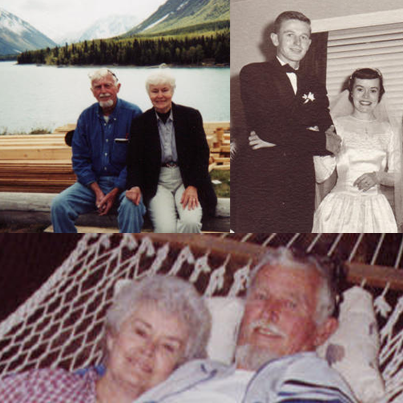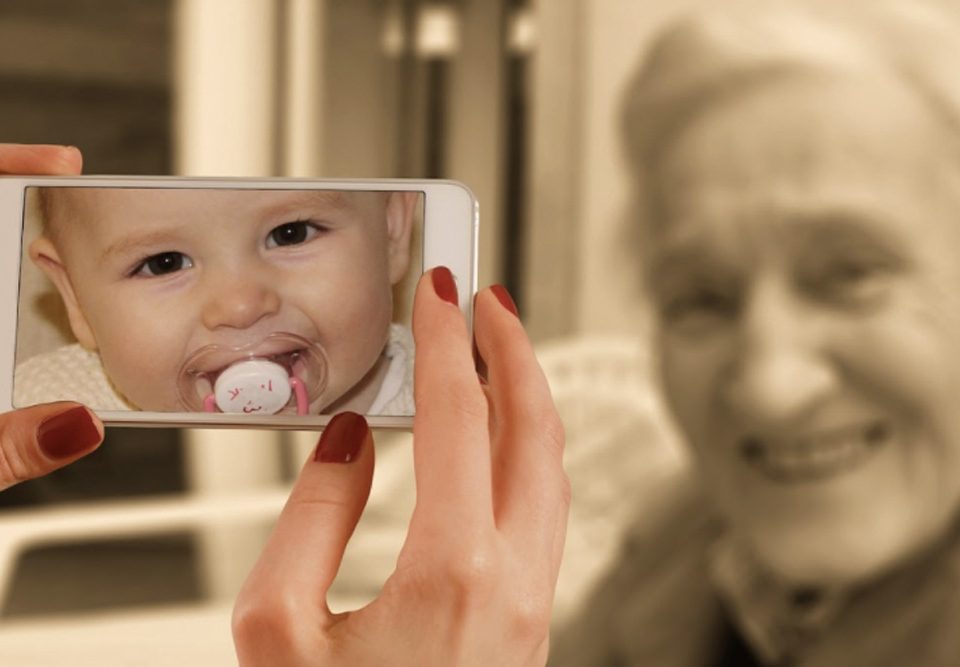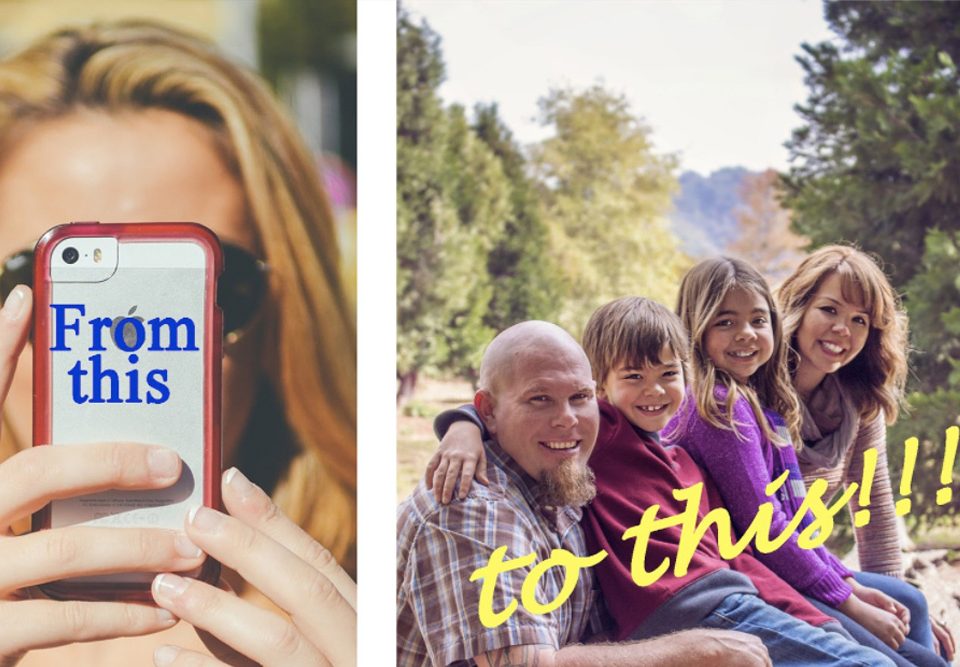Self-Care for The Caregiver!
Keeping Your Communication Street Clean (#4 – Triangulation Trap 01)
November 18, 2013Keeping Your Communication Street Clean (#5 – Triangulation Trap 02)
November 25, 2013When my father died four years ago, it saved my mother’s life.
My father’s death in November, 2009, ended many years of my mother’s role as the primary caregiver of a loved one with a long-term illness.
He had been diagnosed with Alzheimer’s, and it was about time to moved him to a higher level of care than she could provide at home. At the same time, it was becoming clear that years as a family caregiver was wearing my mom down. Her own health was increasingly at risk.
As this anniversary approached, I learned that November is both Alzheimer’s Disease Awareness Month and Family Caregivers Month. Surely, no coincidence there.
Even if you’re not an elder like my mother, if you are in a similar situation in your own family, you know the pressure. Some part of you never lets down.
Yet you need support, too. The Caregiver Action Network has some suggestions for this time of stress.
10 Tips for Family Caregivers
1. Seek support from other caregivers (The caregiver movement started here in the Bay Area in 1977 with the Family Caregiver Alliance, which now offers support nationally. START HERE. You are not alone!
2. Take care of your own health so that you can be strong enough to take care of your loved one (Get that checkup, take a yoga class, go for walks. Feel reluctant? Read #3, #5 & #6.).
3. Accept offers of help and suggest specific things people can do to help you (Lotsa Helping Hands is one support coordination website for those times you need respite and other help. Caring Bridge is another. My colleagues Kathy Anolick, Chris Phelps and Gary Tartaglia were supported in this way before they died and it made it easier for the rest of us to help).
4. Learn how to communicate effectively with doctors (The National Family Caregivers Association offers this video.
5. Caregiving is hard work so take respite breaks often (If you can’t get away from home, respite can come to you. At Stillpoint Center, we have a massage therapist who makes house calls! CLICK HERE to inquire).
6. Watch out for signs of depression and don’t delay in getting professional help when you need it (If you’re wondering about this, contact me. I offer a limited number of complimentary consultations each month and can help you find referrals, too. You can APPLY HERE.
7. Be open to new technologies that can help you care for your loved one. CLICK HERE for options.
8. Organize medical information so it’s up to date and easy to find (Keep a file with your loved one’s health and medical history, physician contact info, allergies; a medication list and insurance information.).
9. Make sure legal documents are in order. CLICK HERE for more.
10. Give yourself credit for doing the best you can in one of the toughest jobs there is!
~ ~ ~
Despite the challenges, our family was blessed in the end. Before he had to be moved from home and my mother, just weeks before their 59th wedding anniversary, my father quickly exited this life after breaking his hip in a fall. He also ended his journey before he forgot his bride’s name.





